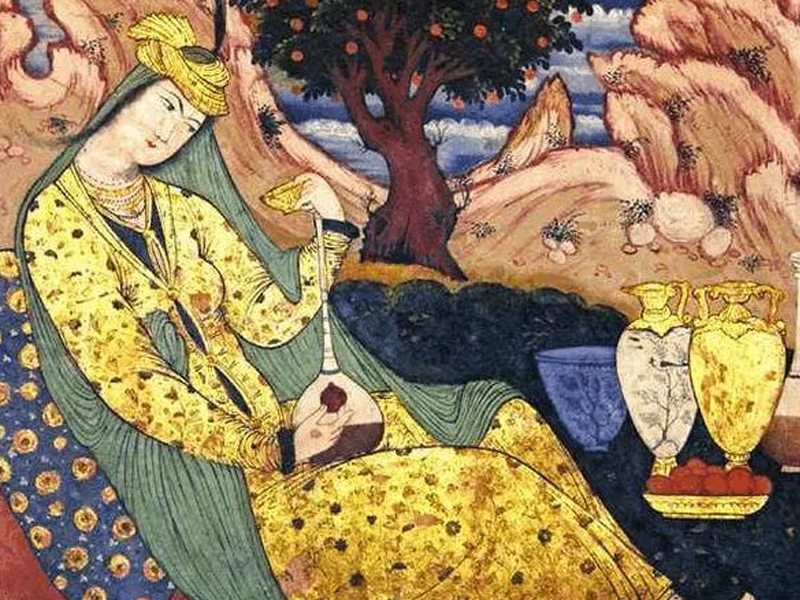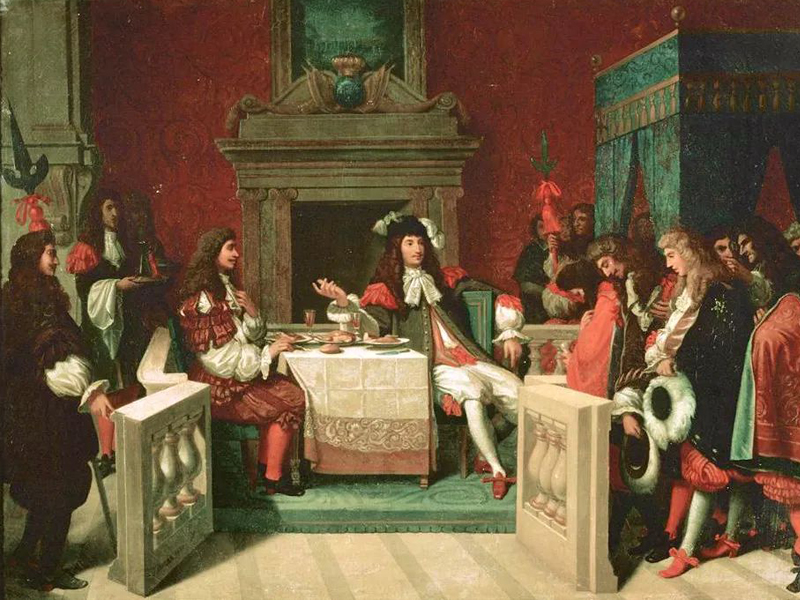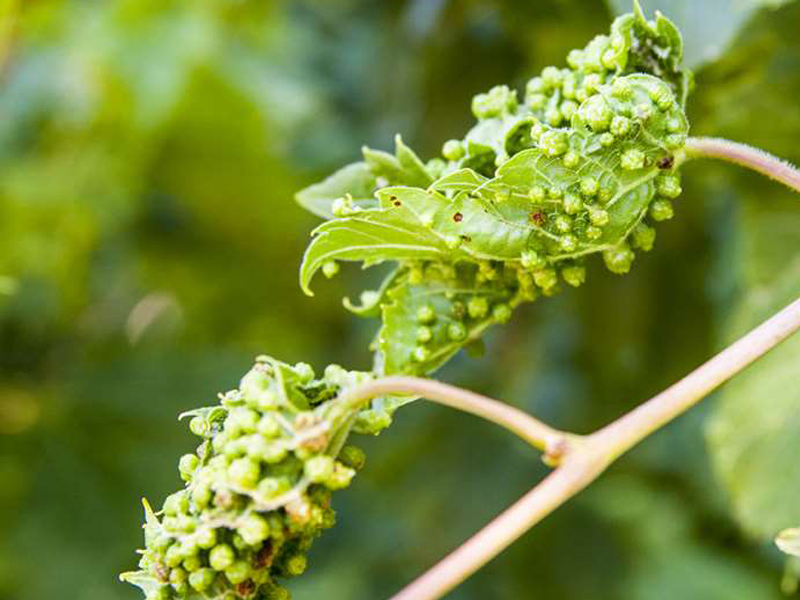Views: 6 Author: Pretank Marketing Team Publish Time: 2024-04-25 Origin: Site








1. Early Origins
The history of wine making can be traced back to the Neolithic Age. Archaeologists have found evidence of early wine in the Caucasus and the Middle East around 6000 BC. In modern-day Georgia and Iran, archaeologists have found remains of wine in pottery and pots. At this time, wild cultivation and fermentation techniques of grapes became popular.

2. Ancient Civilization
Wine played an important role in ancient Egyptian culture. It was used not only for religious ceremonies but also for noble and royal banquets. Scenes of wine production and consumption are recorded in murals and artifacts found in ancient Egyptian tombs.
In ancient Greece, wine became a symbol of civilization and was even given mythical significance. Dionysus, the god of wine in Greek mythology, symbolizes wine, revelry and drama. The Greeks developed a culture of wine tasting and regarded it as a sign of civilization and elegance.

The Roman Empire further expanded wine's influence. The Romans planted vineyards, developed winemaking techniques, and spread wine throughout their empire through trade. The Romans' research on wine promoted the development of winemaking technology, and they also developed various grape varieties.
3. Middle Ages
As the Roman Empire declined, the wine industry suffered. However, the Christian Church played an important role in the development of wine during the Middle Ages. Monasteries and churches grew grapes across Europe to make wine for use in communion services. These monasteries also recorded wine-making techniques and traditions, laying the foundation for later developments.
In the Middle Ages, wine-producing regions began to form, such as Bordeaux and Burgundy in France and the Rhine Valley in Germany. These areas became centers of wine production and trade, and wine began to circulate throughout Europe.
4. The Renaissance and the Age of Discovery
With the advent of the Renaissance, culture and art began to revive across Europe, and wine played an even more important role in social and cultural life. The wine trade also expanded with the Age of Discovery, and wine spread to the New World (Americas) and elsewhere. Wine became more common in European social settings, and nobles and merchants began to collect and taste wine.

5. Modern wine industry
The 19th century was a critical period for the wine industry. The phylloxera epidemic has severely affected European vineyards, destroying many traditional grape varieties. However, the event also prompted innovations in winemaking techniques, such as grafting and the development of disease-resistant grapes. At the same time, new wine-producing regions began to emerge, such as California, USA.

At the beginning of the 20th century, the wine industry began to gradually recover and develop. During this period, modern winemaking techniques were improved and wine production became more scientific. Wine began to circulate around the world, promoting international trade and cultural exchanges.
Here are some important improvements and trends in winemaking technology:
Winemaking techniques have a long history, evolving and improving over the centuries. Here are some important improvements and trends in winemaking technology:
1) Improvement of brewing equipment:
From ancient clay pots and wooden barrels to modern stainless steel tanks and concrete containers, the evolution of brewing equipment has significantly improved the quality and production efficiency of wine.
Stainless steel vessels are widely used in modern brewing because of their ease of cleaning, resistance to corrosion, and ability to precisely control temperatures.
2)Temperature control:
Temperature control is crucial to wine fermentation and aging. Modern brewing facilities have introduced precise temperature control systems that allow winemakers to precisely adjust temperatures during fermentation, ensuring optimal wine flavor and texture.
3) Microorganism and yeast management:
In the past, the role of yeast and microorganisms was not well understood, but now winemakers are able to control the fermentation process by selecting specific yeast strains, ensuring consistent quality and flavor.
4) Oxidation control:
Oxidation of wine during brewing and storage can affect quality. Modern technologies such as inert gas encapsulation and sealed tank design can effectively reduce oxidation and extend the life of wine.
5) Improvements in grape growing technology:
Improvements in grape growing techniques, such as high-density planting, precision irrigation and biodynamic methods, have improved grape quality and yield, and in turn influenced wine quality.
6) Laboratory and chemical analysis:
Modern winemakers can use laboratory techniques and chemical analysis to determine a wine's sugar content, acidity, alcohol content, and more. This analysis helps winemakers adjust the brewing process to ensure wine quality.
7) Sustainability and environmentally friendly technologies:
As environmental awareness increases, more and more wineries are adopting sustainable and environmentally friendly winemaking methods, such as solar power, reduced water use, recycling and biodynamics.
8) Artificial intelligence and data analysis:
Modern winemaking technology has introduced artificial intelligence and data analysis to predict the ripening time of grapes, optimize harvest dates, control variables in the winemaking process, and analyze market trends.
The combination of these improvements and trends has resulted in significant advances in quality, efficiency and diversity in winemaking.
6. 20th and 21st centuries
In the 20th century, the wine industry underwent tremendous changes. New World wine regions such as Australia, New Zealand, Argentina and Chile emerged rapidly. These regions have achieved great success in brewing technology, brand building and marketing.
In the 21st century, the wine industry has become more diversified and globalized. Wine is produced and consumed all over the world, and each region has its own unique wine style and tradition. The application of modern technology, such as precision agriculture and climate monitoring, helps vineyards better manage viticulture. At the same time, consumers' concerns about sustainable development and environmental protection have also prompted the wine industry to develop in a more environmentally friendly and sustainable direction.
Wine culture is booming around the world, and wine festivals and wine tasting events have become a global cultural phenomenon, attracting more and more enthusiasts and collectors.
Prettech provides a variety of stainless steel wine brewing equipment, including stainless steel fermentation tanks, stainless steel storage tanks, stainless steel work platforms and other supporting equipment to provide comprehensive support for scientific and refined high-quality wine brewing.Learn more about our wine tanks.